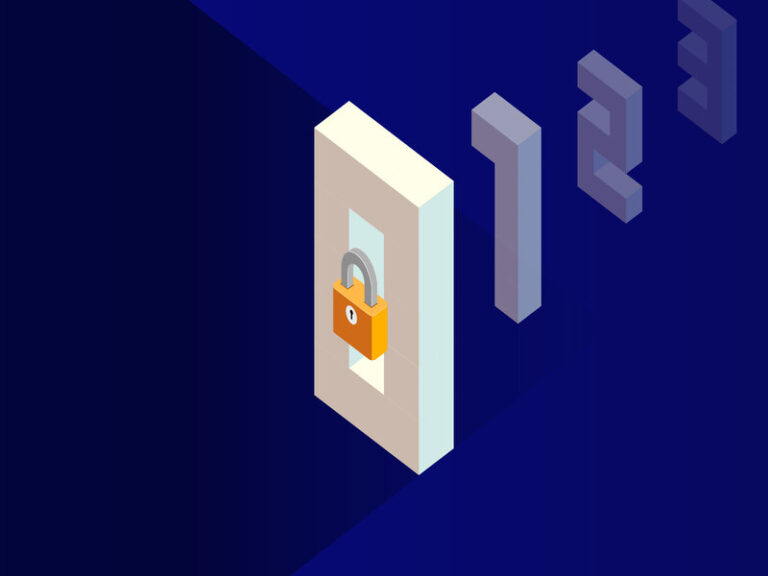In recent years, the landscape of ethical hacking and penetration testing has seen a significant transformation with the emergence of automated tools. These tools play a crucial role in accelerating the testing process, aiding organizations in safeguarding their information and systems. Ethical hacking not only fortifies defenses but also enhances the skill sets of security professionals within an organization, making it an invaluable component of security efforts.
Understanding Hacking Tools and Software Hacking entails utilizing various computer programs and scripts to access unauthorized data for the purpose of bolstering security measures within computer systems or networks. These hacking tools, developed by skilled developers, are employed by security professionals to identify weaknesses in operating systems, web applications, servers, and networks. While they are available in both open-source and commercial forms, it’s essential to recognize their intended purpose and usage.
The Evolution of Network Administration The realm of network administration has experienced remarkable growth, transitioning from mere network monitoring to encompassing tasks such as firewall management, intrusion detection systems (IDS), VPNs, and anti-virus software. This evolution underscores the increasing complexity and importance of maintaining network security.
Prominent Hacking Tools Some of the most renowned hacking tools in the market include Nmap (Network Mapper), Nessus, Nikto, Kismet, NetStumbler, Acunetix, Netsparker, Intruder, Metasploit, and Aircrack-Ng. These tools empower security professionals to conduct tasks such as network scanning, vulnerability assessment, and intrusion testing effectively.
Understanding the Importance of Hacking Software Despite concerns about potential damage to computer systems, the reality is that ethical hacking tools are instrumental in safeguarding valuable assets and data from malicious attacks. Employers recognize the critical need for expert professionals who can protect their systems from threats. Hacking software offers essential features such as inside and outside security for end-users, network testing and vulnerability assessment capabilities, thereby enhancing overall security posture.

Ethical hacking, crucial for safeguarding information and systems, relies heavily on automated tools. These tools, designed to identify vulnerabilities, assist security professionals in fortifying defenses. Here’s a concise overview of some top ethical hacking tools:
- Nmap: Network security mapper for host and service discovery.
- Nessus: Widely-used vulnerability scanner for unpatched services, weak passwords, and system vulnerabilities.
- Nikto: Web server scanner for identifying outdated software and dangerous files.
- Kismet: Wireless network testing tool for detecting hidden networks.
- NetStumbler: Detects wireless networks and unauthorized access points.
- Acunetix: Automated web vulnerability scanner for XSS and SQL Injection.
- Netsparker: Identifies web application vulnerabilities like cross-site scripting and SQL Injection.
- Intruder: Automated scanner for cybersecurity weaknesses with over 9000 security checks.
- Metasploit: Open-source framework for penetration testing and exploit development.
- Aircrack-Ng: Command-line tool for assessing Wi-Fi network security.
- Wireshark: Packet analyzer for deep inspection of data packets.
- OpenVAS: Fully-featured vulnerability scanner for authenticated and unauthenticated testing.
- SQLMap: Automates detecting and exploiting SQL Injection flaws in database servers.
- Ettercap: Content filtering and live connection sniffer.
- Maltego: Link analysis and data mining tool.
- Burp Suite: Web vulnerability scanner with scan scheduling and CI integration.
- John the Ripper: Password cracker for UNIX passwords.
- Angry IP Scanner: Scans IP addresses and ports for network analysis.
- SolarWinds Security Event Manager: Automatically detects threats and monitors security policies.
- Traceroute NG: Network path analysis tool for host names and packet loss detection.
- LiveAction: Diagnoses network issues with packet intelligence.
- QualysGuard: Cloud-based vulnerability testing for compliance and security.
- WebInspect: Automated dynamic testing tool for web application security.
- Hashcat: Cracking tool for auditing password security and retrieving lost passwords.
- L0phtCrack: Password recovery and audit tool for local networks and machines.
- Rainbow Crack: Uses rainbow tables to crack hashes.
- IKECrack: Authentication cracking tool for dictionary or brute-force attacks.
- Sboxr: Vulnerability testing tool with customizable security scanners.
- Medusa: Speedy password cracker for parallel testing.
- Cain and Abel: OS password recovery tool for Microsoft systems.
- Zenmap: Official Nmap Security Scanner for network discovery and analysis.







